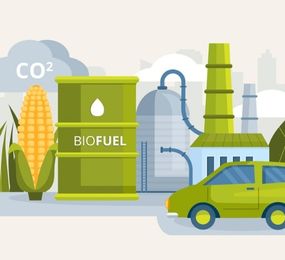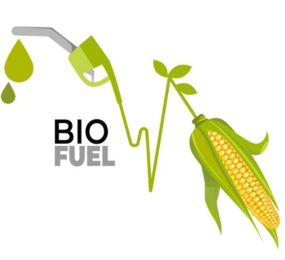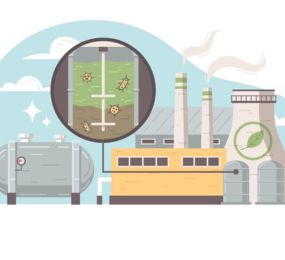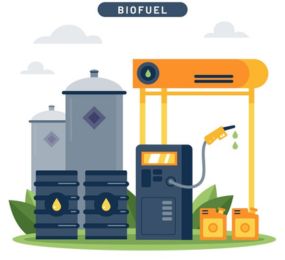Advanced biofuels emerge as champions in the quest for a sustainable and environmentally conscious energy future. The environmental benefits they bring to the table are substantial, making them a key player in mitigating climate change and promoting eco-friendly practices.
Greenhouse Gas Emission Reduction: Advanced biofuels significantly cut down on greenhouse gas emissions compared to traditional fossil fuels. The carbon footprint reduction contributes to global efforts to combat climate change and achieve cleaner air quality.
Sustainable Feedstocks: These biofuels often utilize sustainable feedstocks, such as agricultural residues, algae, and non-food crops, minimizing the environmental impact associated with traditional crop-based biofuels. This ensures a responsible and eco-friendly approach to fuel production.
Biodiversity Conservation: Advanced biofuels encourage the use of diverse feedstocks, promoting sustainable land use practices. This helps preserve biodiversity by reducing the reliance on monoculture crops, which can have detrimental effects on ecosystems.
Reduced Dependency on Fossil Fuels: As renewable alternatives, advanced biofuels lessen reliance on finite fossil fuel resources, contributing to the conservation of natural reserves and habitats.
Air Quality Improvement: By producing biofuels from organic waste materials, advanced biofuels also contribute to waste reduction and improved air quality, addressing both environmental and public health concerns.
Incorporating advanced biofuels into the energy mix represents a significant stride towards a healthier planet. Their environmental benefits not only align with global sustainability goals but also pave the way for a more harmonious coexistence between human activities and the Earth's ecosystems.
To register or learn more about the Forum please check here: https://bit.ly/3JyelAm
For more information and group participation, contact us: [email protected]
















